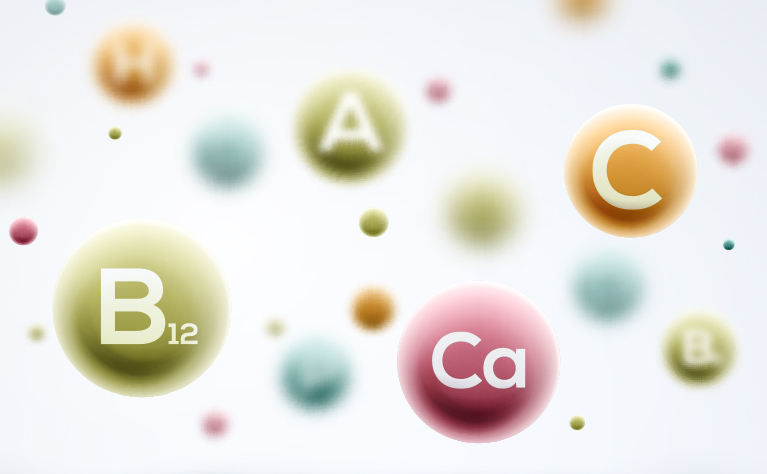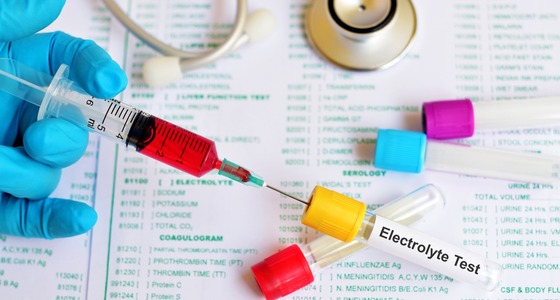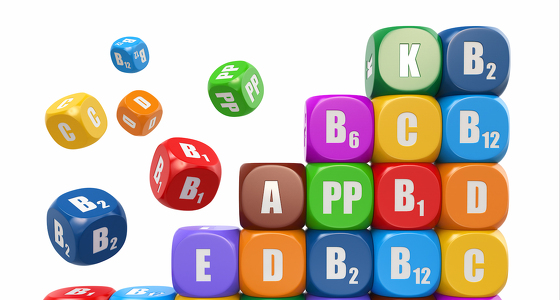
It’s common for people with inflammatory bowel disease (IBD) to have various vitamin and mineral deficiencies. Some of the most common include:
Read more about vitamin and mineral deficiencies and supplements.
There are various reasons why you may suffer from deficiencies. The most common reasons include:
It has been found that people with IBD who have mild disease, or are in remission, can suffer from vitamin and mineral deficiencies.
The symptoms of vitamin and mineral deficiencies are varying - you may get no symptoms at all or very severe. The symptoms you get will depend on which vitamin/mineral you are deficient in.
Read more about the different symptoms...





Most vitamin and mineral deficiencies can be treated, however, if they are left untreated and the deficiency becomes very severe then they can cause long-term damage. If you are concerned about vitamin and mineral deficiencies then speak to your doctor.
Most vitamin and mineral deficiencies can be diagnosed through a blood test which can be carried out by your doctor.
The most common treatments include taking supplements for the vitamin/mineral you are deficient in and/or increasing foods which are high in vitamins and minerals.
Your doctor can advise the best treatment if you have a deficiency.
Read more about vitamin supplements and mineral supplements.



